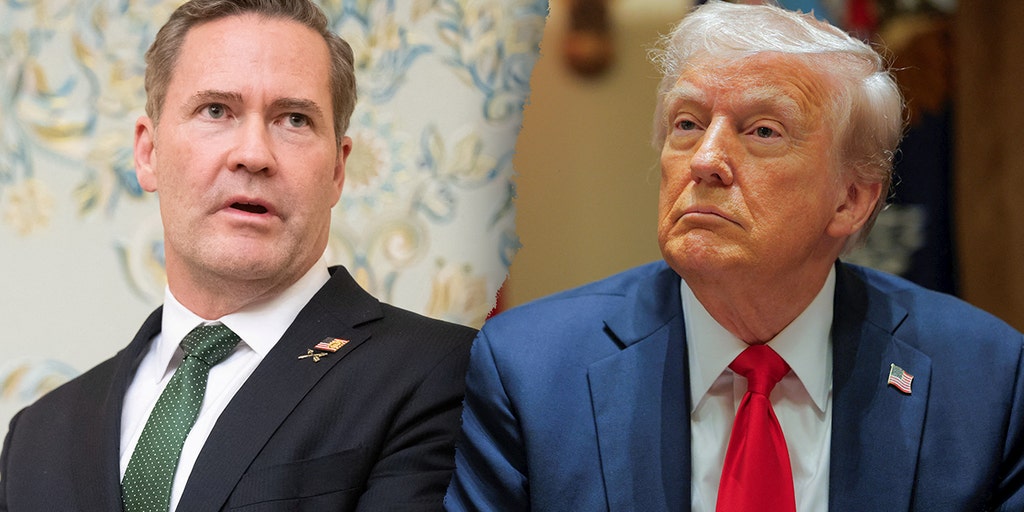White House Shakeup: Trump Ousts NSC Staffers in Fallout from Leaked Signal Conversation

In a significant shake-up at the National Security Council (NSC), the Trump administration has removed key personnel, including NSC advisor Mike Waltz, as confirmed by Fox News Digital. The personnel changes reflect the administration's ongoing efforts to reshape its national security team and align leadership with its strategic priorities.
The dismissal of Waltz and other NSC staffers signals a potential shift in the administration's approach to national security policy. While the specific reasons for the personnel changes were not immediately disclosed, such moves are not uncommon during transitions or periods of strategic realignment within high-level government agencies.
Fox News Digital's confirmation of these staffing changes highlights the dynamic nature of national security leadership during the Trump presidency, underscoring the administration's willingness to make swift personnel decisions to maintain its desired operational framework.
